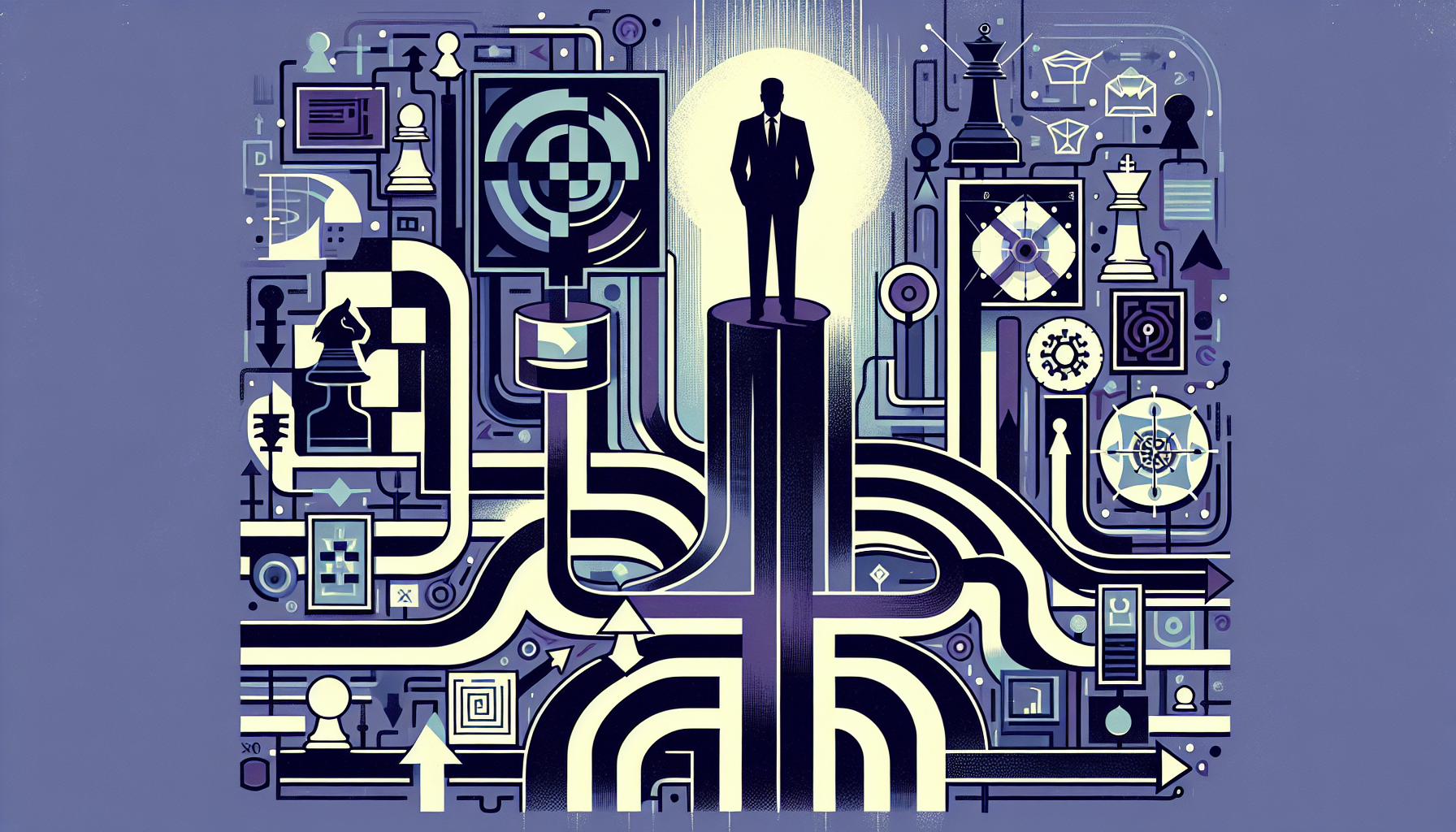Today, two critical aspects of executive thinking stand out: the willingness to innovate in the face of challenges, and the emphasis on open, credible discussions to effect meaningful changes.
In the world of healthcare, for example, stalwart physicians are finding themselves grappling with administrative burdens and IT challenges that detract from their core focus – patient care. A recent incident at a six-state clinic organization underscored this predicament.
The entire team was paralyzed by an IT glitch, the result of an upgrade that rendered their EHR system unusable. With a full waiting room and growing patient concerns, the situation highlighted the need for innovation and adaptability.

So, how should executives respond to such situations? The answer lies not in simply managing the problem but in innovating to prevent such incidents and streamline operations for enhanced patient care. This requires a shift in mindset from reactive problem-solving to proactive innovation.
In the face of digital disruptions, executives must embrace the role of being change agents within their organizations. By nurturing a culture of innovation, they can ensure their team is equipped to handle unforeseen challenges, allowing them to focus on their core responsibilities.
While innovation is crucial in navigating through challenges, the executive mindset also has to incorporate open and credible discussions. An instance from politics provides an apt illustration of this.
In Kuala Lumpur, discussions have been initiated on limiting the Prime Minister’s tenure to a maximum of 10 years. Muhammad Kamil Abdul Munim, Finance Minister’s aide, emphasizes that these discussions should be conducted with the utmost decorum and credibility.
In an executive role, transparent and respectful conversations are not just about maintaining decorum. They are integral to fostering trust, credibility, and consensus. Whether it’s a limitation on a political term or a strategic business decision, leaders must cultivate an environment where all voices are heard and validated. This involves creating safe spaces for dialogues, encouraging different perspectives, and ensuring that all discussions are rooted in respect and credibility.
In conclusion, the modern executive mindset is not just about leading from the front; it’s about fostering innovation, adapting to change, and facilitating open, respectful discussions.
This mindset equips executives to handle challenges, drive growth, and lead their organizations towards a sustainable future. By placing focus on their core duties and fostering a culture of innovation and open discussions, they can steer their organizations towards success, while also laying the groundwork for future leaders to thrive.
Remember, the executive mindset is the driving force that shapes an organization’s future. So, whether you’re a healthcare provider dealing with IT glitches or a political leader facilitating crucial discussions, your mindset will determine how effectively you navigate through these challenges and steer your organization towards success.